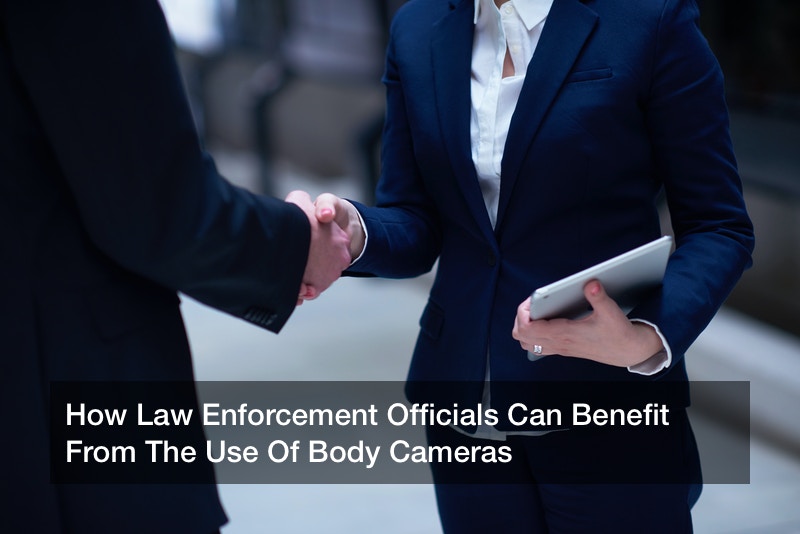How Law Enforcement Officials Can Benefit From The Use Of Body Cameras

There’s no easy way to say it, but when it comes to the relationship between law enforcement and everyday, average citizens, times have become very uncertain. In many cases, it seems as though some Americans have become very distrusting of law enforcement due to increased national media scrutiny.
Make no mistake, there are scores of law enforcement officials who are dedicated public servants, doing their jobs without fear or favor, but some of these national incidents have left a sour taste in the mouths of many Americans.
One thing that many Americans have increasingly voiced a strong opinion about is the desire to hold law enforcement officials accountable. A very easy way to do that is by those in law enforcement wearing body-worn cameras.
For some in law enforcement, the prospect of body-worn cameras raises more than a few eyebrows, but when you get down to it, body-worn cameras offer several advantages:
- Accountability: Bottom line: tools like dash cams and body-worn cameras can hold officers more accountable. When they’re turned on, they record all the actions of an individual officer, which can then be used to analyze an officer’s actions, particularly in high-pressure situations. If a police department comes under scrutiny for its conduct, it can then go to body camera footage to evaluate its work or to defend the actions of its officers if necessary.
- Unobtrusive: There’s no doubt that law enforcement officials have a lot of equipment to carry on the job and some might bristle at wearing body-worn cameras. Bristling or not, it’s a sign of the uncertain times. As of March 2015, it was estimated that about a third of United States police departments were using body cameras. Additionally, studies by the Pew Research Center of 8,000 officers found that 93% of them are becoming more concerned about the dangers of the job.
Body-worn cameras aren’t really obtrusive at all; in fact they are very small and can be easily moved around a body, so individual law enforcement officials can move them around to comfortable spots on their bodies and still do their jobs effectively. - Fewer complaints: You’ve likely seen numerous cell phone videos these days of average citizens trying to “catch officers in the act” of doing something unlawful, illegal or over the top. Believe it or not, body-worn cameras can actually strengthen trust between citizens and law officials. Studies have shown that 93% of officers who use body cameras are likely to receive fewer complaints from the public. As if that wasn’t enough, 66% of officers and 93% of citizens support the use of body cameras to record interactions between officers and the public.
In the end, everybody wins with the use of cameras. Bottom line: they provide concrete evidence of all situations big and small and officers can do their jobs instead of worrying about how they’ll be perceived. On the flip side, when an officers goes above and beyond to help citizens, body-worn cameras can capture those moments too. - A clear picture: Believe it or not, body-worn cameras don’t capture an officer’s every move. That said, they capture enough footage to give commanding officers footage to review and for juries to deliberate should that be necessary. Instead of law enforcement officials or lawyers trying to paint intricate mental pictures, footage from body-worn cameras can lay bare exactly what happened in a given situation.
There’s no doubt that body-cameras offer plenty of advantage to police departments all over the United States, but there a few things those departments have to know before they buy them or use them:
- Body cameras can have a lot of upfront cost; think several hundred dollars for an individual unit.
- Since body cams can store lots of digital footage, some departments may struggle to find time to catalogue and then store digital footage.
- Some officers have voiced concerns about the cameras and how they relate to an officer’s privacy or perception on the job.
As you can see, there are many ways police departments can benefit from the use of body cameras of all types. At the end of the day, they afford law enforcement officials another way to be transparent with the citizens they serve and it ultimately helps everyday citizens trust their local officials more.

